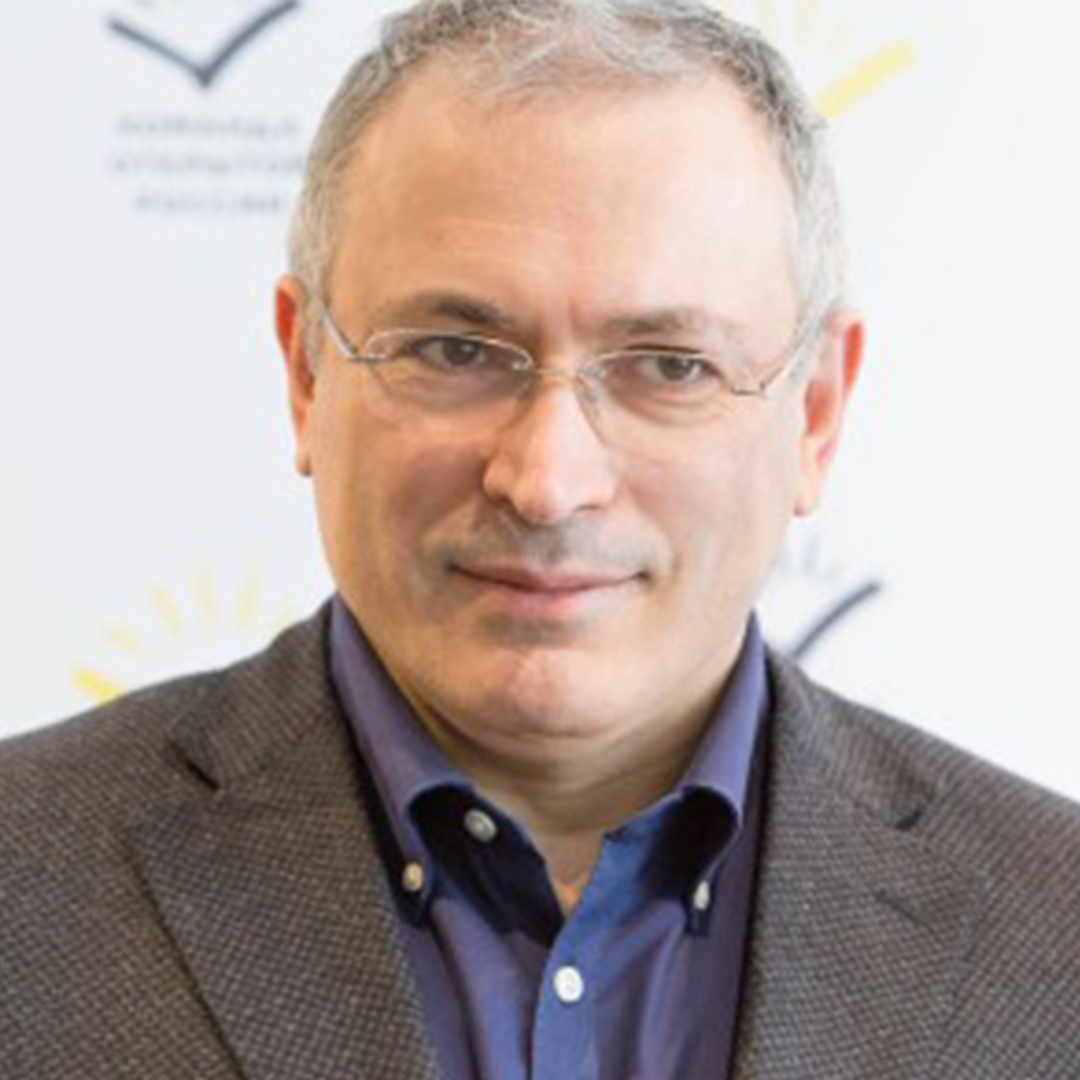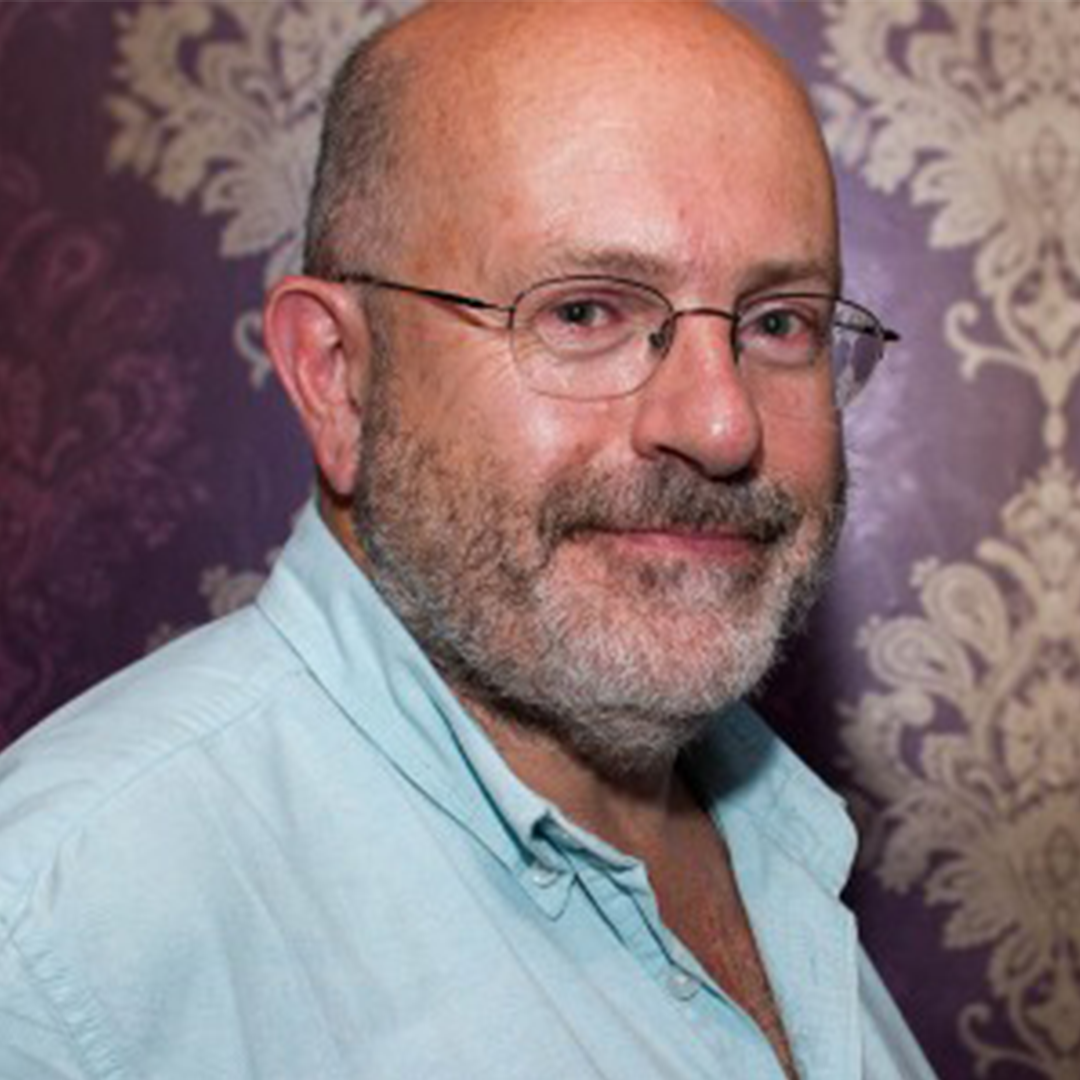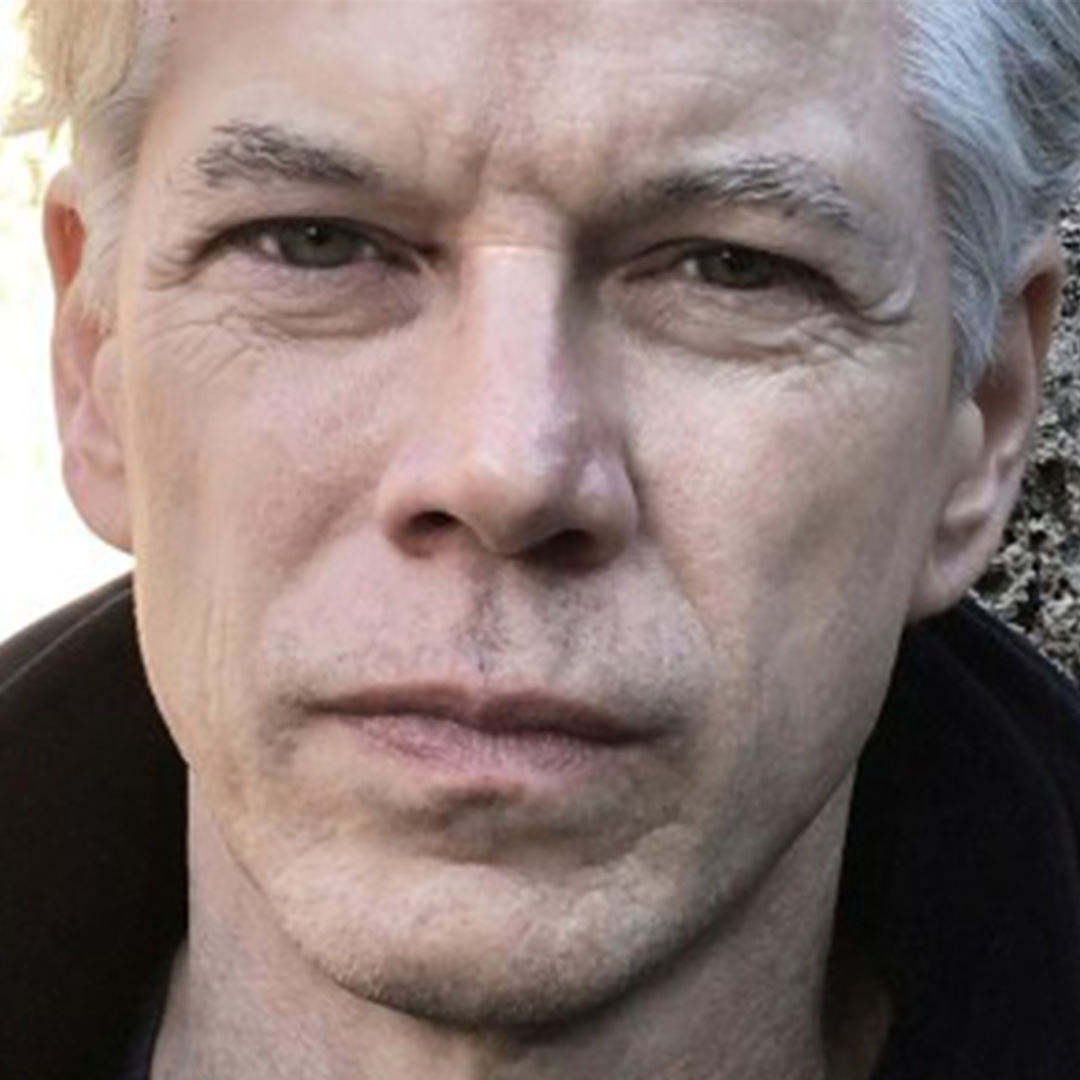6 Jan 2022 | Events
In a recent interview with the Guardian, the president of COP26 Alok Sharma expressed concern that the agreements made at the Glasgow summit will end up as “a bunch of meaningless promises”. Two months on from the summit, it is timely to take stock and reflect on the road ahead. What are the key takeaways from the discussions in Glasgow? Who got to speak, and who did not? How can we keep up the momentum from COP26 to ensure positive and inclusive outcomes?
Focusing on the voices of indigenous peoples as a starting point, this event invites activists, experts and legal professionals to review COP26 and reflect on the future of climate action. The conversation will be chaired by Index on Censorship’s CEO Ruth Smeeth and features Darren Jones MP, Kate Gibbons, and Roger Leese with contributions from indigenous activists.
About the speakers:
Darren Jones MP
Darren Jones is the Labour Member of Parliament for Bristol North West and the Chair of the House of Commons Business, Energy and Industrial Strategy Committee. He sits as a member of the Joint Committee on the National Security Strategy and the Liaison Committee, which scrutinises the work of the Prime Minister. As Chair of the Business, Energy and Industrial Strategy Committee, Darren also scrutinises the Government’s delivery of COP26, the use of its national security and investment powers and monitors regulatory reform across the whole of Government.
Kate Gibbons
Global Knowledge Partner and Finance and Capital Markets Partner, Clifford Chance
Kate Gibbons is Clifford Chance’s Global Knowledge partner as well as being a Finance and Capital Markets partner from which she leads the Practice’s Knowledge function. In these capacities she chairs the Firm’s Knowledge Committee and Thought Leadership Board and is a member of its London and Global Legal Opinion Committees, the Global ESG Board and the London Graduate Recruitment Partner Committee. She is a member and director of the Financial Markets Law Committee, considers issues of security reform and legal opinions for the City of London Law Society, is a distinguished practitioner of Harris Manchester College Oxford and a member of the Chatham House Council.
Roger Leese
Litigation & Dispute Resolution Partner, co-head of Business & Human Rights practice and member of the ESG Risk Leadership Group, Clifford Chance
Roger is a Partner in the firm’s Litigation & Dispute Resolution practice, co-head of the firm’s Business & Human Rights practice and a member of the ESG Risk Leadership Group. Roger advises on a range of ESG-related issues, including the development of policy, due diligence (particularly in the context of M&A), training and shareholder/NGO activism. Roger advises clients across a range of sectors, notably financial institutions and Private Equity. Roger is also a member of the firm’s ESG Board, which co-ordinates the firm’s work for clients in this space. Roger is also a member pf the firm’s Responsible Business Board. In that context Roger has Global responsibility for the Firm’s pro bono and community work and also for delivering on the Firm’s Net Zero 2030 commitment. Roger is the Chair of the UK legal charity, Advocates for International Development (A4ID). During his time as Chair, Roger has encouraged A4ID’s focus on business and human rights, alongside the Sustainable Development Goals
Ruth Smeeth
CEO, Index on Censorship
Ruth Smeeth is the CEO of Index on Censorship. Ruth was a British Labour Party politician and a Member of Parliament from 2015 until 2019 representing the Potteries. Prior to that she was deputy director of anti-racist organisation, HOPE not hate. Ruth is a passionate campaigner and is usually found with a cup of tea in hand (mug made in Stoke-on-Trent obviously).
When: 18.00-19.00, Monday 17 January 2022
Index on Censorship, Clifford Chance
2 Dec 2021 | Events
How is Turkish theatre resisting censorship and oppression? Join Meltem Arikan, Kaya Genç, and Kate Maltby for a recital and Q&A.
Join us for the launch of the new Index on Censorship magazine, Playing with Fire: How theatre is resisting the oppressor. In this edition we are engaging with the writers, playwrights, and actors using the theatre to resist oppression and censorship.
With a particular focus on Turkey, this launch event looks closer at the potential of the theatre, the impact of censorship on culture and literature, and the risks of speaking out. The conversation will be facilitated by Kate Maltby, deputy chair of the Index on Censorship Board of Trustees.
About the speakers:
Kaya Genç is a contributing editor for Index on Censorship based in Istanbul. Kaya is a novelist and journalist whose work has been published in The New York Times, The Paris Review and The London Review of Books among others. He has a PhD in English literature and his first novel, L’Avventura (Macera), was published in 2008. His latest book is The Lion and the Nightingale, which tells of his extraordinary quest to find the places and people in whom the contrasts of Turkey’s rich past meet.
Meltem Arikan is a Turkish/Welsh author. Arikan is known for her sharp critique of society and fearless and outspoken voice in her novels, plays, poems and articles. Arikan has written 11 books including nine novels and five plays. Her fourth novel Yeter Tenimi Acıtmayın (Stop Hurting My Flesh) was banned in early 2004 by the Committee to Protect Minors from Obscene Publications. The ban was eventually lifted and Arıkan was awarded with “Freedom of Thought and Speech Award 2004” by the Turkish Publishers’ Association. She has received several awards and was short-listed for the Freedom of Expression Award in 2014 by Index on Censorship for her play Mi Minör which the Turkish authorities claimed was a rehearsal for the Gezi Park demonstrations in 2013. Their subsequent hate campaign, fuelled by state sponsored media, forced her to leave Turkey to start living in Wales. In 2019 Turkish courts accepted the so-called Gezi Indictment which seeks life sentences for 16 people including her.
Kate Maltby is the deputy chair of the Index on Censorship Board of Trustees. She is a critic, columnist, and scholar. She is currently working towards the completion of a PhD which examines the intellectual life of Elizabeth I, through the prism of her accomplished translations of Latin poetry, her own poems and recently attributed letters, and her representation as a learned queen by writers such as Shakespeare, Spenser and Sidney.[/vc_column_text][/vc_column][/vc_row][vc_row][vc_column][vc_column_text]
When: Monday 13 December, 13.00-14.00 GMT
Where: ONLINE
30 Sep 2021 | Events
[vc_row][vc_column width=”1/2″][vc_single_image image=”117589″ img_size=”full”][/vc_column][vc_column width=”1/2″][vc_column_text]In preparation for COP26, Index on Censorship invites you to reflect on the role of indigenous activists in climate activism.
As we prepare for challenging and necessary conversations at COP26, Index on Censorship brings attention to the cases of people whose voices are too easily forgotten in climate change debates. Index sheds light on the challenges of speaking up about climate change.
Join us for the launch of the new Index on Censorship magazine, A Climate of Fear. The conversation will be chaired by Index on Censorship acting editor Martin Bright with a focus on indigenous activists in Ecuador fighting for environmental justice and those who tell their stories.
Steven Donziger is a US lawyer who was part of an international legal team that obtained a multi-billion-dollar pollution judgment designed to remedy decades of deliberate toxic dumping by global oil company Chevron on indigenous ancestral lands in Ecuador.
Jimmy Piaguaje is an indigenous defender and filmmaker of Siekopai nationality from the community of Siekoya Remolino in Ecuador’s northeastern Amazon region. He is the co-founder of the Sëra Foundation, a grassroots organisation created by a group of young people from Siekoya Remolino to preserve their ancestral knowledge via audiovisual techniques and education. His latest documentary, about fighting covid in the Amazon with ancestral medicine, was published by the New Yorker.
Bethany Pitts is a writer and activist who has been working with indigenous communities in Ecuador since 2013, especially those defending the Amazon from oil exploitation. She is the author of the Moon Guide to Ecuador & The Galapagos Islands, the first internationally published guidebook on Ecuador with a focus on ethical travel. It was while Bethany was in the Amazon researching for her book in 2018 that she met Jimmy Piaguaje. Since then, she has been working to support the Sëra Foundation.
Martin Bright has over 30 years of experience as a journalist, working for the Observer, the Guardian and the New Statesman among others. He has worked on several high-profile freedom of expression cases often involving government secrecy. He broke the story of Iraq War whistleblower Katharine Gun, which was made into the movie Official Secrets (2019) starring Keira Knightley. He is the founder of Creative Society, a youth employment charity set up in response to the economic crash of 2008.[/vc_column_text][/vc_column][/vc_row][vc_row][vc_column][vc_column_text]
When: Tuesday 19 October 2021, 17:30 to 18:30 BST
Where: ONLINE
[/vc_column_text][/vc_column][/vc_row]
29 Sep 2021 | Magazine, Magazine Editions, Volume 50.03 Autumn 2021
Journalist
John Sweeney is a writer and journalist who has investigated Scientology and Russian interference in the US elections. He is the host of the Hunting Ghislaine podcast.
Activist and producer
Kelly Duda is an activist and producer and director of the documentary Factor 8: The Arkansas Prison Blood Scandal.



